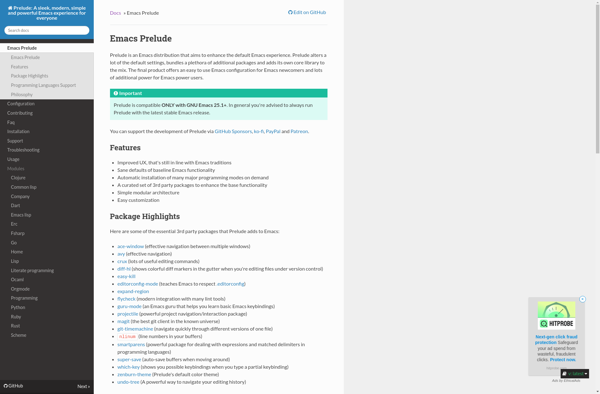Helix

Helix: Version Control Software for Developers
Helix is a version control software system that allows developers to track changes to source code and documents over time, facilitating collaboration and managing revisions.
What is Helix?
Helix is a distributed version control system that developers use to track changes to software development projects over time. Unlike centralized version control systems, Helix allows developers to work locally and offline and have full history and version tracking abilities without necessarily being connected to the central Helix repository.
Key features and benefits of Helix include:
- Distributed architecture - No centralized master repository is needed, developers can commit even when offline
- Great for collaboration - Facilitates team-based development, transparent view of changes
- Versioning and history - Complete long-term change history so you can go back to any version
- Branching and merging - Create isolated development branches to work on new features or test ideas
- Reliability and flexibility - Developers can use Helix repos on their local machines and it has robust tool support
Because of features like distributed architecture and strong branching/merging, Helix has become very popular for collaborative software development at technology and software companies worldwide.
Helix Features
Features
- Distributed version control
- Handles large projects efficiently
- Supports branching and merging
- Access control and permissions
- Integrated issue tracking
- Web interface for remote access
Pricing
- Free
- Freemium
- Subscription-Based
Pros
Cons
Official Links
Reviews & Ratings
Login to ReviewThe Best Helix Alternatives
Top Development and Version Control and other similar apps like Helix
Here are some alternatives to Helix:
Suggest an alternative ❐Visual Studio Code
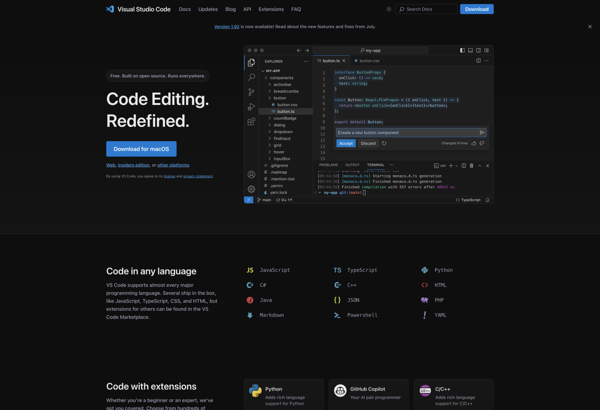
Neovim
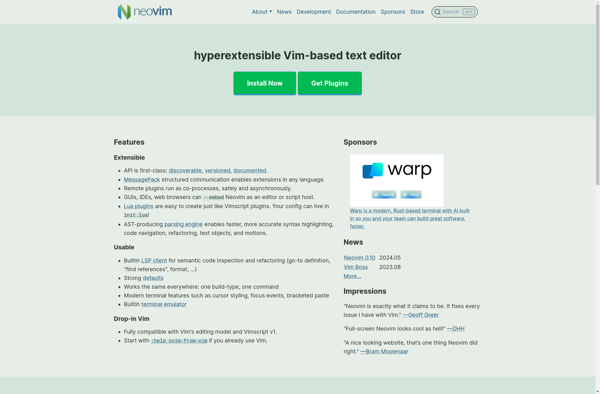
Sublime Text
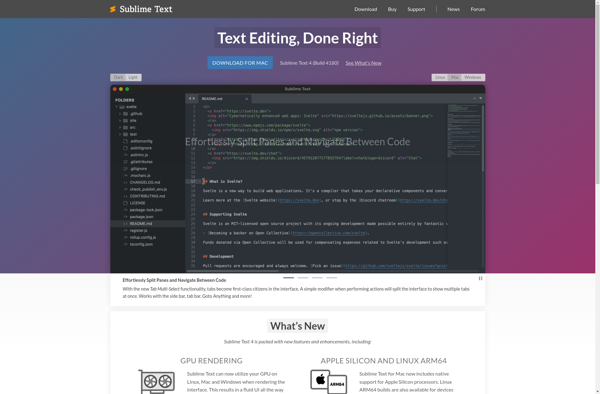
VSCodium
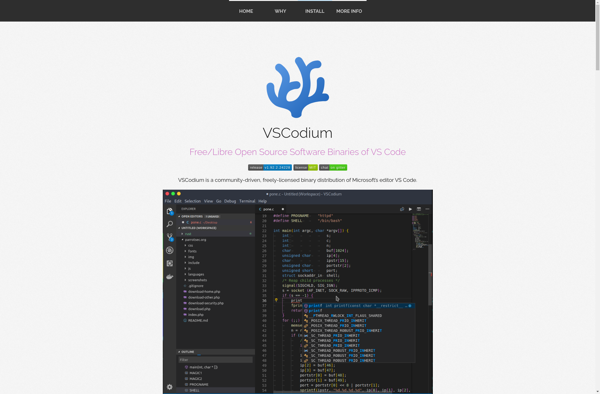
Notepad++
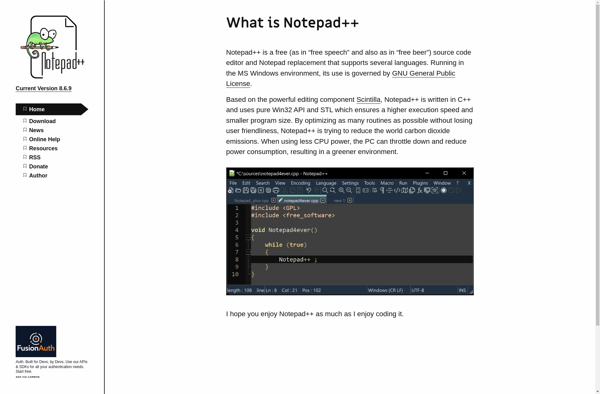
Geany
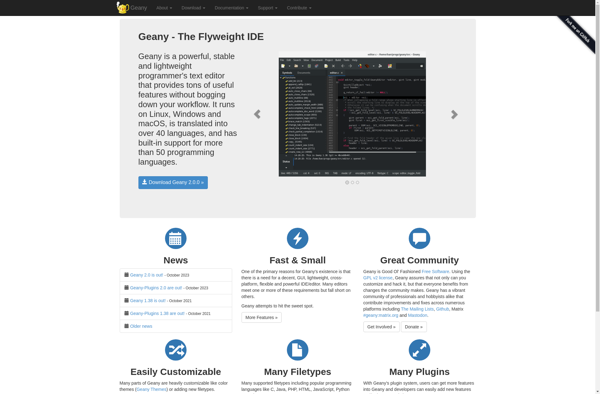
Eclipse
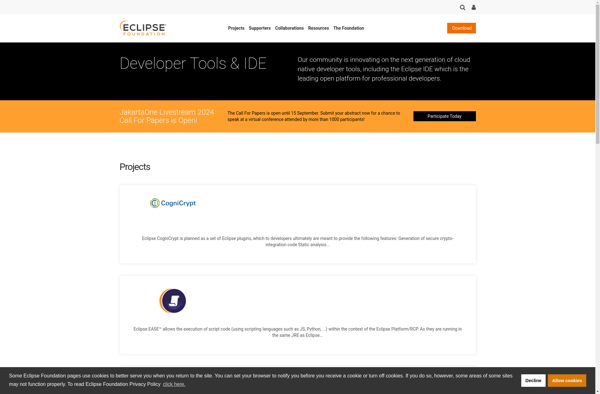
GNU nano
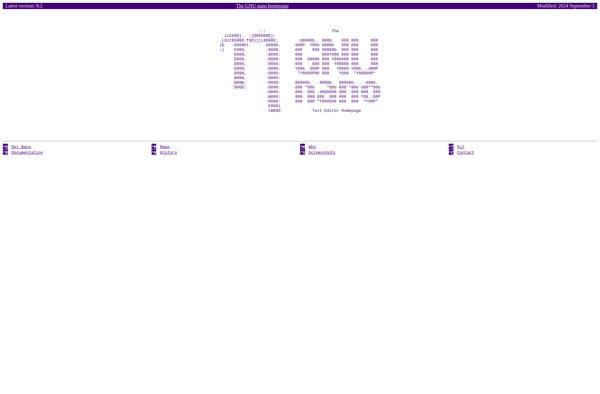
Kate
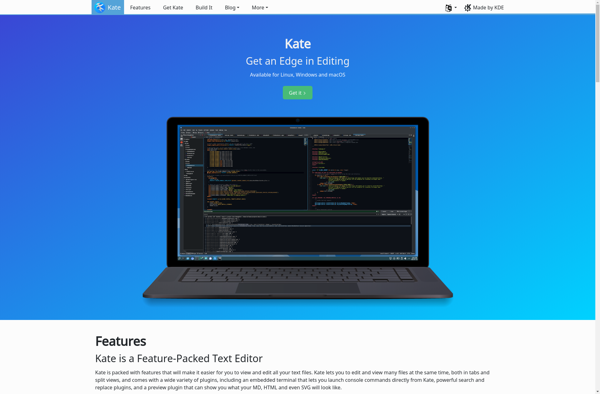
GNU Emacs
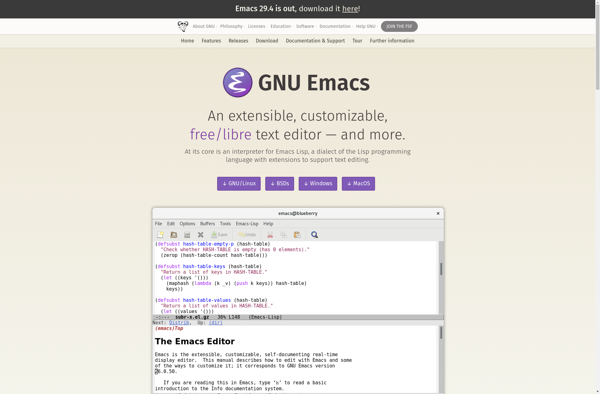
Doom Emacs
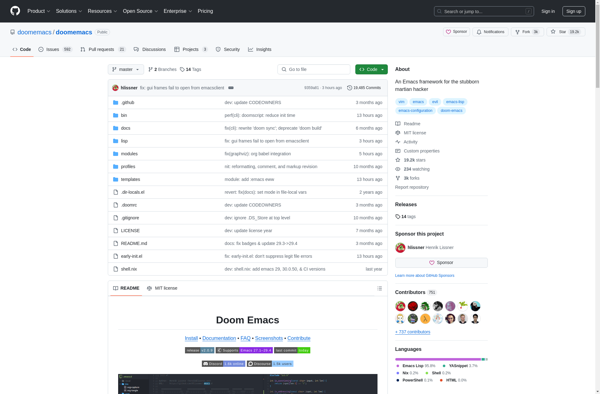
Spacemacs

Spacevim
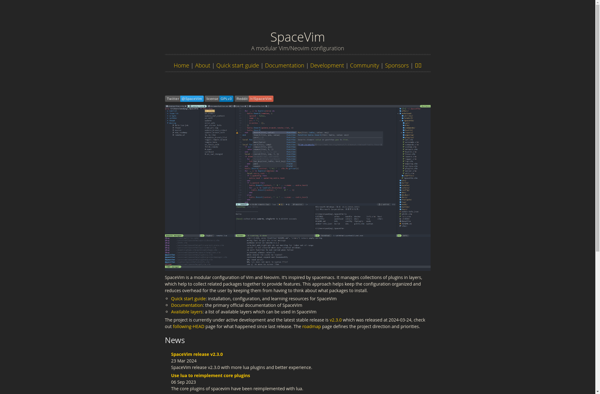
SpaceNeovim
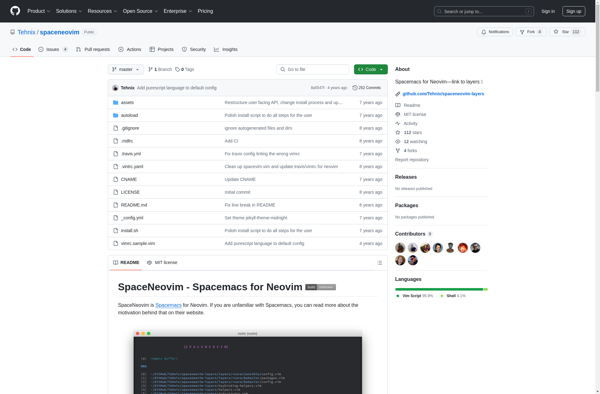
Emacs Prelude
